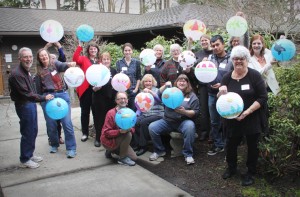
Started in 1970, Earth Day has become a worldwide effort to give voice to emerging environmental issues.
Nationally, the Earth Day movement hopes to plant 7.8 billion trees and divest from fossil fuels and making large, urban cities more renewable.
At the Board of Child Care, program participants spent some time discussing the link between spirituality and social consciousness, and how that relates to events like Earth Day.United Methodist Church’s Baltimore-Washington Conference participated in, which ties in with the church’s.
Program participants in Baltimore and Martinsburg will construct and decorate lanterns lit by small LED lights. Each lantern will have a short message or prayer written on them.
The BCC Earth Day program ties into a larger effort being taken by the United Methodist Church nationwide. The UMC’s general conference – scheduled for May 12 in Oregon – includes a climate vigil. Lanterns made at BCC will be blessed alongside thousands of other lanterns made across the United States, and ultimately distributed overseas to those in need of light in their homes.
The lanterns – which will include a prayer card – are earmarked for communities in Africa, where in-home lighting is scarce and a lantern with even a small LED light can make a potentially huge impact.
“This is an important project because it teaches our kids about spirituality and social issues, and how both can be intertwined on a daily basis,” Rev. Dr. Stacey Nickerson said. “We can use events like this to make a difference in communities locally as well as abroad.”
For more information on how your church can participate, visit the news blog of the United Methodist Church’s Pacific Northwest region here.
Read more from UMC lantern vigil enlightens Baltimore campus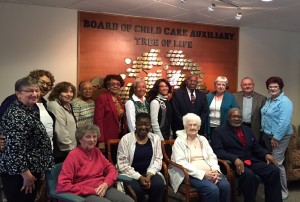
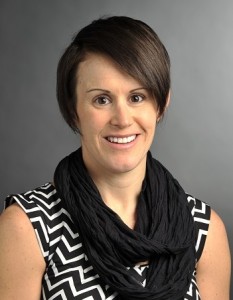

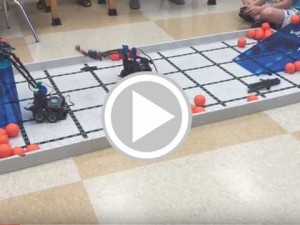
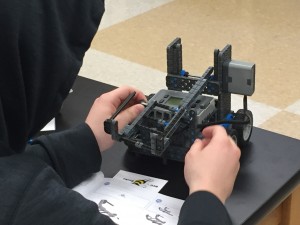
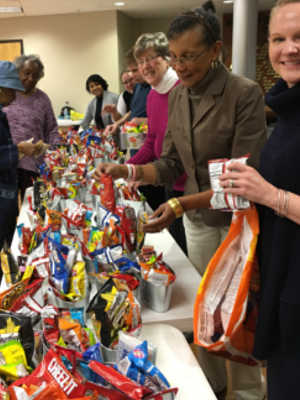

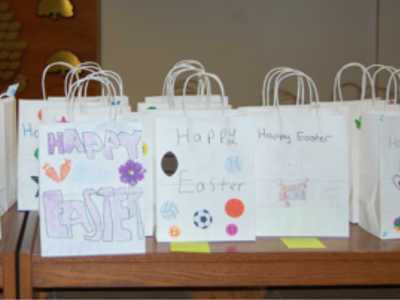
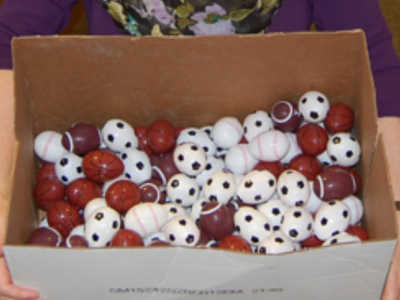
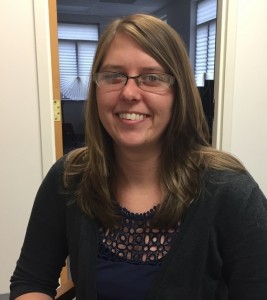
 BCC’s Spiritual Life Team is an integral part of residential programing. In addition to offering more traditional (and optional) religious education and services, they are also in charge of community service, mentoring, and special holiday celebrations for the residents and BCC’s staff.
BCC’s Spiritual Life Team is an integral part of residential programing. In addition to offering more traditional (and optional) religious education and services, they are also in charge of community service, mentoring, and special holiday celebrations for the residents and BCC’s staff.
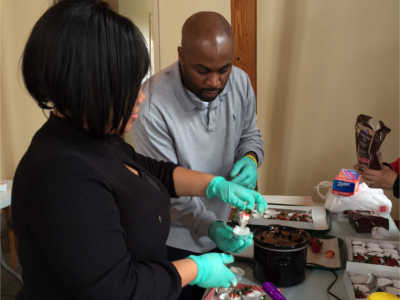 In February, the Spiritual Life team coordinated construction of Valentine’s Day gift boxes by a dozen residential program participants for staff who serve them in the lower campus cottages and upper campus houses.
In February, the Spiritual Life team coordinated construction of Valentine’s Day gift boxes by a dozen residential program participants for staff who serve them in the lower campus cottages and upper campus houses.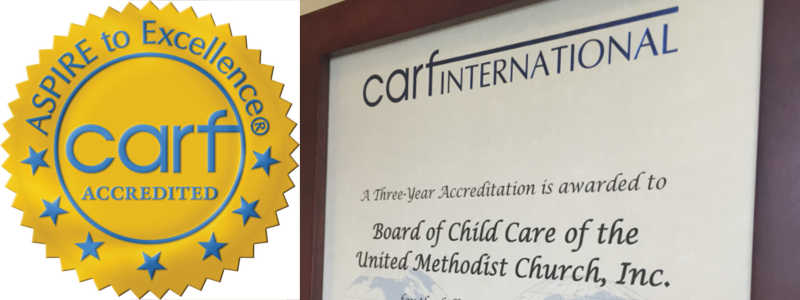 Spagnola commends the outstanding score of 98.4% received by BCC.
Spagnola commends the outstanding score of 98.4% received by BCC.